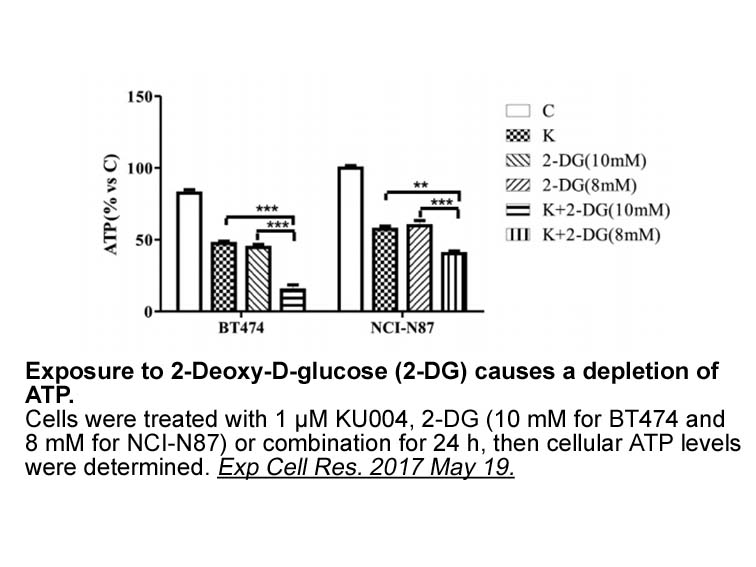Archives
br As the global burden of disease shifts from infectious
As the global burden of disease shifts from infectious diseases to non-communicable diseases (NCDs), cancer has increasingly become a major contributor to morbidity and mortality in low-income and middle-income countries (LMICs). Major reasons for these Bovine Serum Albumin shifts include increasing life expectancy and changing diets and lifestyles. An estimated 14·1 million new cases and 8·2 million cancer deaths occurred worldwide in 2012, with more than 65% of cancer deaths occurring in LMICs. In Nigeria, cervical cancer and breast cancer are two of the leading causes of cancer deaths in women, accounting for more than 40% of all women\'s cancer and about two-thirds of cancer deaths. Despite this, cancer screening efforts lag behind other priorities and resources available for cancer care are insufficient.
Because of an absence of information and poor access to health, most women in Nigeria are diagnosed at advanced disease stages, resulting in restricted treatment options and high mortality rates. These poor outcomes are largely attributable to patient and systems barriers in  the form of poor education and awareness, financial barriers, shortage of health workers, limited health infrastructure, poor management and planning, inequity in resource distribution, and access to care.
Various innovative opportunities exist to reduce the morbidity and mortality associated with cervical cancer and breast cancer in Nigeria without affecting other key health and development priorities. Resources designated for cancer care will be most effective if they strengthen primary care and the entire health system and are integrated into platforms already in place for other diseases. Integrating cervical and breast cancer screening services into existing delivery platforms for sexual, reproductive, and maternal health services has been proposed as an effective and efficient strategy. Such integration could address women\'s multiple needs at once, potentially increase cervical and breast cancer screening, and, ultimately, reduce morbidity and mortality.
the form of poor education and awareness, financial barriers, shortage of health workers, limited health infrastructure, poor management and planning, inequity in resource distribution, and access to care.
Various innovative opportunities exist to reduce the morbidity and mortality associated with cervical cancer and breast cancer in Nigeria without affecting other key health and development priorities. Resources designated for cancer care will be most effective if they strengthen primary care and the entire health system and are integrated into platforms already in place for other diseases. Integrating cervical and breast cancer screening services into existing delivery platforms for sexual, reproductive, and maternal health services has been proposed as an effective and efficient strategy. Such integration could address women\'s multiple needs at once, potentially increase cervical and breast cancer screening, and, ultimately, reduce morbidity and mortality.
I read your Editorial published in (May, 2016) and with some surprise. It is unfortunate that you neglected to mention that the Wellcome Trust has recently greatly increased its commitment to building research capacity in Africa.
In 2014, we reviewed our funding in Africa with the intention of expanding our support. Since then we have launched DELTAS Africa, in partnership with the UK\'s Department for International Development (DFID). DELTAS Africa is a £60 million scheme over 5 years through which we will fund 11 consortia and expect to train up to 2000 African researchers. This activity is in addition to our major programmes in , , and , the Human Hereditary and Health , and , which together total more than £230 million of current investment.
and with some surprise. It is unfortunate that you neglected to mention that the Wellcome Trust has recently greatly increased its commitment to building research capacity in Africa.
In 2014, we reviewed our funding in Africa with the intention of expanding our support. Since then we have launched DELTAS Africa, in partnership with the UK\'s Department for International Development (DFID). DELTAS Africa is a £60 million scheme over 5 years through which we will fund 11 consortia and expect to train up to 2000 African researchers. This activity is in addition to our major programmes in , , and , the Human Hereditary and Health , and , which together total more than £230 million of current investment.